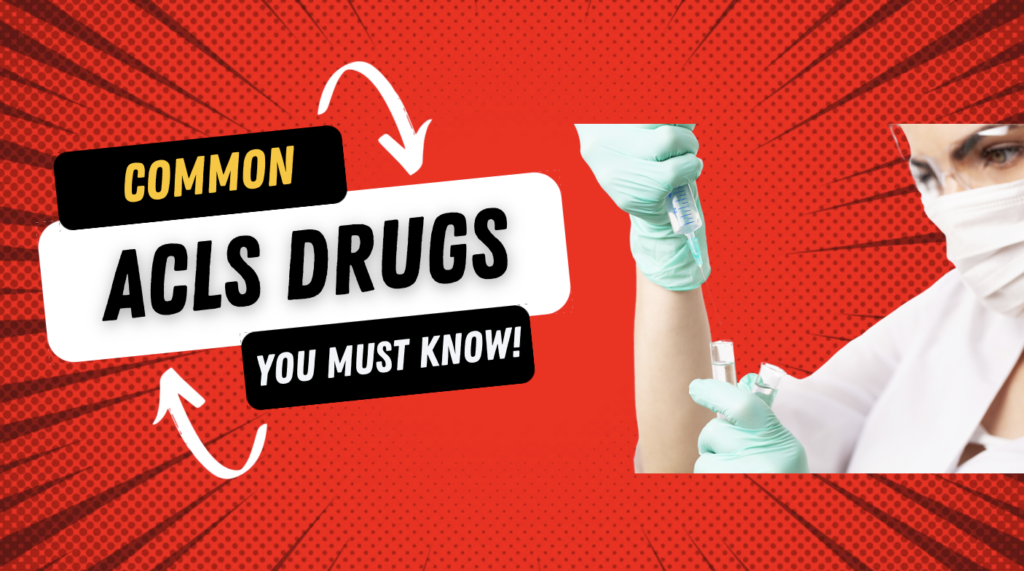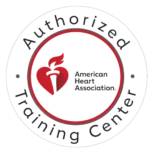Here are some common ACLS drugs you need to know:
1. Adenosine: Adenosine is used to treat supraventricular tachycardia (SVT), a condition that causes a rapid heartbeat. It works by slowing down the heart rate and restoring its normal rhythm. Adenosine is usually administered through an intravenous (IV) line. The first dose is 6mg, followed by 12mg if needed.
2. Amiodarone: Amiodarone is used to treat various arrhythmias, including ventricular fibrillation and ventricular tachycardia. The dosage for cardiac arrest is 300mg IVP for the first dose, and 150mg IVP for the second dose. Amiodarone is administered through an IV line and should be given slowly over ten minutes if given as a bolus.
3. Aspirin: Aspirin is an antiplatelet medication that is used to prevent blood clots from forming in the arteries. It’s commonly used in the treatment of myocardial infarction (heart attack) and sometimes stroke. The dose of ASA in the case of acute coronary syndrome is 162-325mg.
4. Atropine: Atropine is used to treat bradycardia (a slow heart rate) and to dilate the pupils during certain medical procedures. It’s administered through an IV line or injection. The dosage is 1mg IVP with a maximum of 3mg.
5. Epinephrine: Epinephrine is used to treat cardiac arrest, anaphylaxis, and severe asthma. It works by stimulating the heart and increasing blood pressure. Epinephrine is administered through an IV line or injection. The dosage for cardiac arrest is 1mg IVP and there is no maximum dose per AHA.
6. Lidocaine: Lidocaine is used to treat ventricular arrhythmias, including ventricular fibrillation and pulseless ventricular tachycardia. It’s administered through an IV line. The dosage is 1-1.5 mg/kg.
7. Nitroglycerin: Nitroglycerin is used to treat chest pain (angina) associated with coronary artery disease. It works by relaxing the blood vessels and reducing the workload on the heart. Nitroglycerin is administered sublingually (under the tongue), as a spray, or through an IV line.
8. Sodium bicarbonate: Sodium bicarbonate is used to treat metabolic acidosis, a condition that occurs when the body produces too much acid or cannot eliminate it. It’s administered through an IV line.
9. Thrombolytic agents: Thrombolytic agents are used to dissolve blood clots in the arteries and veins. They’re commonly used in the treatment of myocardial infarction (heart attack), pulmonary embolism (blood clots in the lungs), and ischemic stroke (blood clots in the brain).


